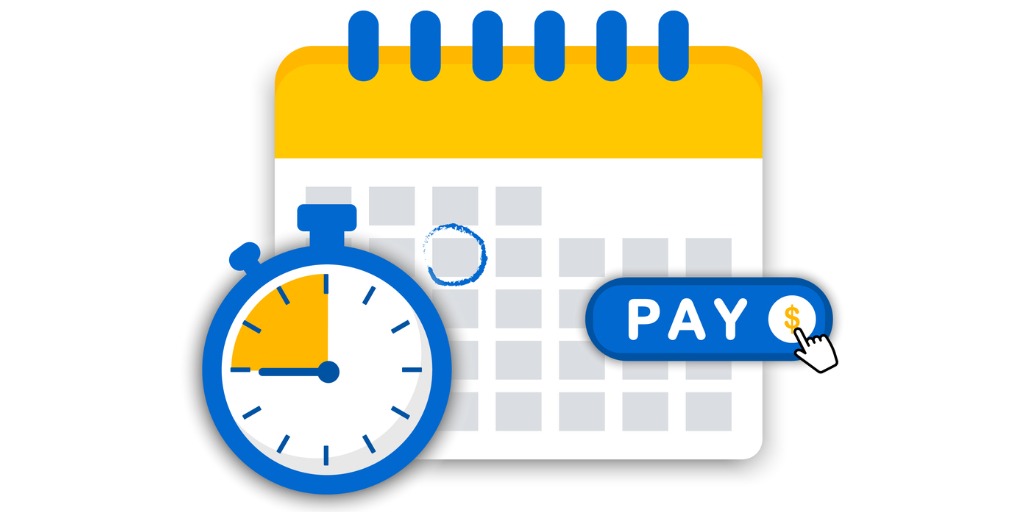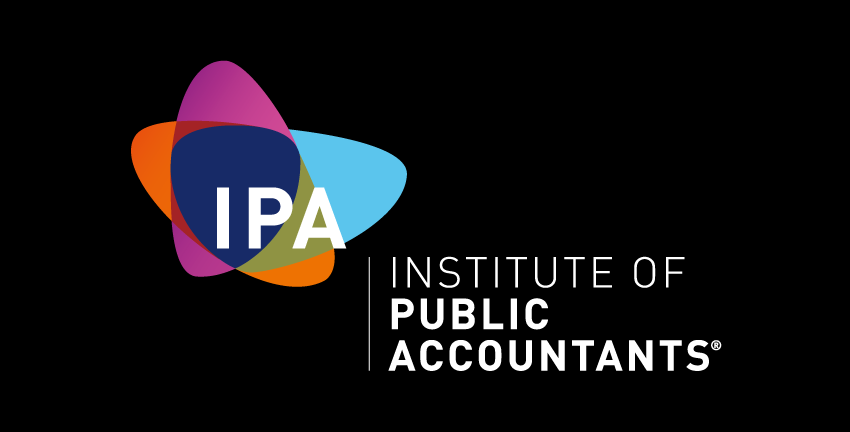
The financial year ends on 30 June. Make sure you get your payroll and super in order!
This means that one of the things you must get done is your payroll at year end. Processing payroll has changed significantly with the introduction of Single Touch Payroll (STP). You’ll need to finalise STP so it’s ready to submit by 14 July.
Complying with the rules and regulations of payroll is complex. It’s important to have the right processes in place and to use the latest software to manage your payroll. If you need any help with your payroll processes, then please get in contact with us.
Here are three important things you must do before you process your payroll at year end.

Complete all adjustments to salaries and wages before the end of the year
Once you’ve finalised the payroll at the end of the year, you shouldn’t have to change it. This is because with STP your information is filed automatically with the ATO and recorded against employees’ tax file numbers.
This means that any adjustments to owners’ salaries or close family members needs to be done before the end of the year. Historically, this may have been done a little after year end as part of a strategy to minimise your tax. We now must get ahead of this and do it before 30 June or we miss out.
This is the same for any team members as well. If you want to adjust their income with, say, a bonus that you want to include as a deduction against your profit for 30 June, then you need to make sure you adjust the usual pay-run or you can prepare an (additional) unscheduled pay-run before processing your year-end payroll.

Complete all adjustments to superannuation before the end of the year
This holds true for superannuation as well. Make sure you have properly recorded the SGC component and salary sacrifice amounts. Any additional payments to superannuation must be included on the pay-run before processing the year end to be included in the tax year.
Extra superannuation payments are a great strategy for reducing tax while making use of your annual superannuation contribution limits, helping you build your nest egg for retirement.
But these amounts must be calculated, properly reported, and processed before completing your payroll at year end.
If you want to claim a deduction on super accruals for the 2023-24 financial year, make sure you process any outstanding payments and allow enough time for the contributions to reach the super funds before 30 June 24. Each of the clearing houses have their own cut-off dates. Xero for example are saying you need to process your super payment by 18 June 24. And then, you can process the balance of your super payment for pay-runs between the 19th to 30th of June by the due date of 28 July 24.

Reconcile your payroll summary reports to your general ledger and make sure you finalise your year end
After you’ve finished adjusting your payroll and completed any pay-runs for the financial year, it’s time to reconcile your payroll reports with the financial accounts.
This will make sure we haven’t missed anything and that there are no errors. The best way to do it is to prepare the payroll summary reports for the year and compare that with your general ledger reports for the same period.
Your bookkeeper should know how to do this, or if you’d like some help doing this then please reach out.
Another thing that is easily missed is that after the final pay-run, and once you’ve completed all your checks, you’ll need to complete a STP finalisation declaration by 14 July. You can do this in the software so that the STP will get marked as complete and the ATO notified. This will ensure your employees can access their information to complete their income tax return.
Next Step
We hope you find the above information useful.
If you need any help with reviewing your payroll or processing your year end, we’d be happy to help you. Simply call 07 5649 7650 to talk to one of the team.


